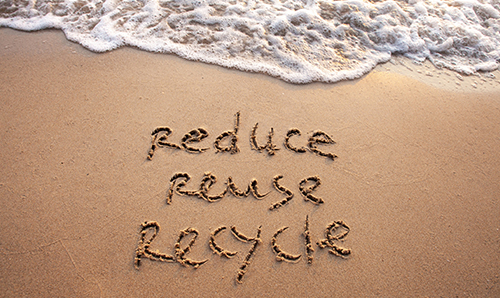Sustainable Consumption, Lifestyles, and Climate Transitions
Time: 02:30 pm to 03:30 pm IST

Session Description
Anthropocene epoch is marked by profound human-induced transformations of the biosphere and the planet is now fundamentally different since the period of Great Acceleration in the 1950s. A sustainable lifestyle is key to climate action. It is also a concept that bridges climate action and sustainable development. According to the Intergovernmental Panel on Climate Change (IPCC) report, with the right policies, infrastructure, and technology, we can make the necessary lifestyle changes to reduce 40–70% of greenhouse gases (GHGs) by 2050, thereby improving our overall health and well-being. This emphasizes the role of governments and businesses in providing more information, fostering positive behavioural changes, and supporting the development of new business models that make sustainable living the default choice. Even those who aspire to adopt a sustainable lifestyle often face challenges in the form of limited information and unavailability of affordable products and services. Nudging lifestyles involve changing norms, policies, markets and social instruments.
India has sent a strong signal about its commitment to tackle climate change, with the Prime Minister announcing the Lifestyle for Environment (LiFE) at COP26, and by successfully including LiFE at the G20’s New Delhi Leaders’ Declaration (2023). Sustainable lifestyles not only promote environmental protection, but also ensure healthy living, and provide an opportunity for economic development. Harnessing the power of collective action led by individuals is crucial to solving complex problems. A global campaign supported by all relevant actors, at national and global levels, will help strengthen sustainable lifestyles.
This session aims to discuss challenges and actionable solutions for complex concerns of sustainable lifestyles and their interface with socio-economic, markets, and governance dynamics.
The umbrella question for this session is: How can climate transitions contribute to sustainable consumption and lifestyles?
Flow
The duration of the session is 60 minutes. The addresses should be in the form of verbal interventions only. The format of the session does not allow the use of PowerPoint presentations. The chair/moderator must ensure that panellists adhere to the allotted time for which there will be a timer/buzzer.
- Chair’s Remarks: 2 mins
- Ministerial Address: 4-5 mins
- Science Leadership Address: 4-5 mins
- Policy Leadership Address: 4-5 mins
- Energy Leadership Address: 4-5 mins
- Discussants: 4-5 mins